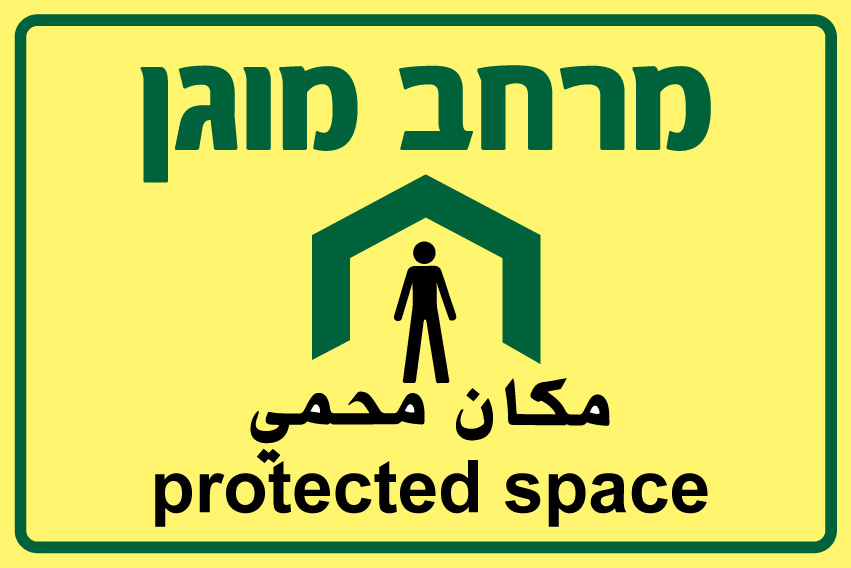Israel's Peculiar Situation & What Should It Do To Get Out Of It
Israel has historically been in a very peculiar situation—a constant state of war. Very few countries experience war every 3–4 years. The country I wrote this article from, Switzerland, hasn’t been in war since 1847. The last time Germany was at war was almost 80 years ago. What other Western nation has lately been at war? The UK’s Falklands War perhaps comes to mind, or the US’s various wars in the Middle East. But these were very far from home. Which Western nation has had its civilians experience the bombing of their cities? Does anyone of you know what a bombing siren sounds like? Where is the nearest bomb shelter?
Being brought up in Tel Aviv, I was “lucky enough” to first encounter the sirens at 12. It was Operation Pillar of Defense, 2012. My grandfather was terminally ill at the hospital, so I was left alone at home. I remember the sirens starting, and then I simply went down the stairs to the bomb shelter, waited a few minutes, and then went back home. Many children in Israel who live in the South encounter these sirens at a much younger age. For them, it’s a natural part of life. Can you comprehend that?
Regulations in Israel require that every house and apartment building must contain a “Merkhav Mugan” (protected space), a special room with thick concrete walls, and a heavy fireproof door. So that Israelis will have the luxury of staying home when the rockets are coming.
We Israelis take these as self-evident facts of life. Every few years, there’s a war, there are sirens, and we must rush to the bomb shelter or stay in the Merkhav Mugan. There’s no other country in a similar situation. Of course, public spaces contain shelters, supermarkets, shopping malls, and even beaches. I remember being in many situations in wartime where I was walking outside in the city and looking around to see the nearest shelter so that I would know exactly where to run in case the sirens started.
It is very abstract for people outside of Israel to comprehend this being a part of normal day life. But we, Israelis, are used to it. We are so used to it, in fact, that we can’t imagine life being otherwise. We used to call these smaller-scale operations that happened every 3–4 years “rounds.” What usually happened was that Gaza fired some rockets, the Israeli military attacked some Hamas targets (after ringing them and warning them about the impending strike), and that’s it. There is no change in any fundamental sense. Hamas was to remain sovereign over Gaza.
This is an absurd situation. There have been various excuses that most Israelis accepted that served as justification to preserve the status quo. Many are worried about the many soldier deaths that will follow an invasion of Gaza; many are worried about the world’s response; and many are concerned about what to do with Gaza when it’s been fully occupied by Israel. Everyone who called for the total occupation of Gaza and the destruction of Hamas was named an extremist.
It is only in light of the October 7th massacre that it has started to change. And I hear many people, even people from what used to be the radical left, calling for the destruction of Hamas. Will this public outcry continue? It’s unclear.
What Israel needs to do is fully occupy Gaza. It needs to uproot any terrorist faction in Gaza and allow any Palestinian who wants to leave the opportunity to do so. For Israel to secure its long-term peace, it must be the sovereign of Gaza (and the West Bank). If this is not the goal of the war, then Israel has already lost it. If Israel is to crush Hamas and then hand the keys to someone other than Israel, more massacres will come, and more rockets will be launched. Israelis must realize that the “rounds” conception is immoral and impractical and that fundamental and strategic change must be brought to the region. Then, and only then, will we have peace in the Middle East.



Israel must stop kicking the can down the road. It must destroy all Hamas cockroaches and make sure they don't come back. This should have been done a long time ago.